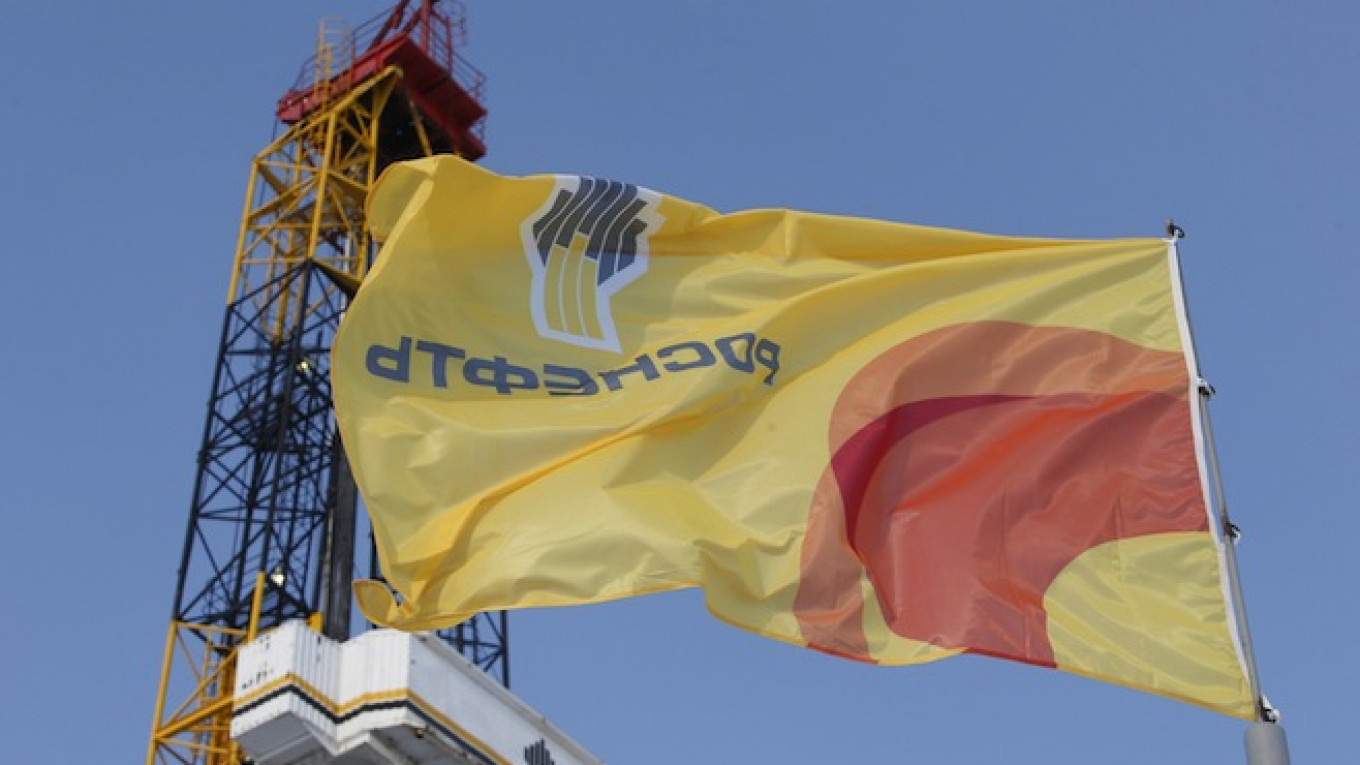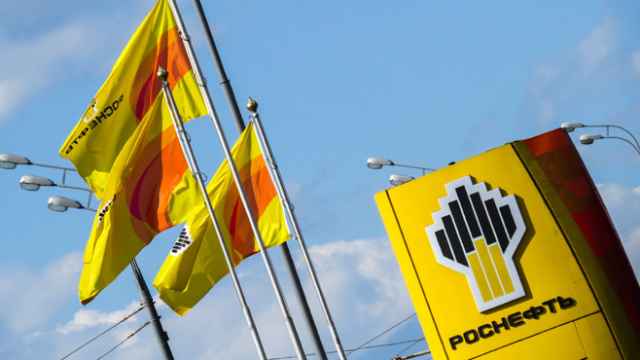MOSCOW/LONDON — Trafigura is emerging as the new king of Russian oil trading, expanding its deal with sanctions-hit Rosneft to export $500 million worth of crude in April from the Baltic, the Mediterranean and Pacific ports, market sources said.
The move comes as European Union and U.S. sanctions imposed on Russia last year over its role in Ukraine have severely restricted financing options for Russian companies, forcing Rosneft to seek alternative ways to meet debt repayments.
The squeeze on Rosneft has been compounded by a collapse in oil prices and the rapid devaluation of the ruble, while the sanctions also blocked its ambition to expand into global oil trading by killing off a deal to buy U.S. bank Morgan Stanley's oil trading division at the end of 2014.
That opened the door for the likes of Trafigura, and in February market sources said the Swiss company had helped Rosneft to raise short-term financing, not forbidden by sanctions.
Both Rosneft and Trafigura declined to comment on the new deal and it remains unclear what other benefits the Russian company might reap and whether Trafigura's April volumes will transform into a longer-term arrangement and extend beyond oil trading.
Signs of a deal being prepared began to emerge in February, when Rosneft allocated five tankers to Trafigura rather than the usual two.
Talk of a bigger deal gathered pace in March, when rival traders and oil majors said they expected Trafigura to export 10 cargoes of Urals, amounting to 1 million tons of oil. Their estimates were based on lower allocations to Trafigura's rivals.
But the final volumes, details of which emerged this week, were almost 50 percent bigger than expected, giving Trafigura 1.6 million tons of oil worth more than $500 million.
Second Only to China
That is more than a tenth of Russian exports by sea and 38 percent of Rosneft's seaborne exports — volume that will make the Trafigura the second-largest buyer of Russian oil behind China, which is buying about 2 million tons.
"That is really beyond all expectations," said one trader with a rival company. "Trafigura is the new king of Russian oil. For now."
The geographical split of the contract also took many market players by surprise.
In addition to 10 cargoes of Urals and up to seven of CPC Blend from Russia's European Baltic and Black Sea ports, Trafigura will also receive two cargoes of prized light ESPO crude from the Pacific, rising to four in May, traders said and loading programs showed.
Before February, Trafigura had been trading oil with Rosneft under a two-year-old deal with volumes rarely amounting to more than two tankers a month — dwarfed by deals with Glencore and Vitol, as well as oil majors such as Eni, Total and Royal Dutch Shell.
Rosneft sells its crude at six-month tenders and under longer-term pre-finance deals — a $10 billion five-year loan with Glencore and Vitol dating back to 2012 and a separate $1.5 billion loan with Trafigura in 2013.
Vitol and Glencore have kept their usual volumes in April while additional allocations to Trafigura came at the expense of oil majors Eni, Total and Shell.
"We will have to buy from the spot market now," a trader at one of the companies said.
He added that while buying from the spot market might not be a bad option because spot supplies are sometimes cheaper, it nevertheless reduces the company's ability to make precise predictions of flows coming in to its refining system.
A Message from The Moscow Times:
Dear readers,
We are facing unprecedented challenges. Russia's Prosecutor General's Office has designated The Moscow Times as an "undesirable" organization, criminalizing our work and putting our staff at risk of prosecution. This follows our earlier unjust labeling as a "foreign agent."
These actions are direct attempts to silence independent journalism in Russia. The authorities claim our work "discredits the decisions of the Russian leadership." We see things differently: we strive to provide accurate, unbiased reporting on Russia.
We, the journalists of The Moscow Times, refuse to be silenced. But to continue our work, we need your help.
Your support, no matter how small, makes a world of difference. If you can, please support us monthly starting from just $2. It's quick to set up, and every contribution makes a significant impact.
By supporting The Moscow Times, you're defending open, independent journalism in the face of repression. Thank you for standing with us.
Remind me later.






